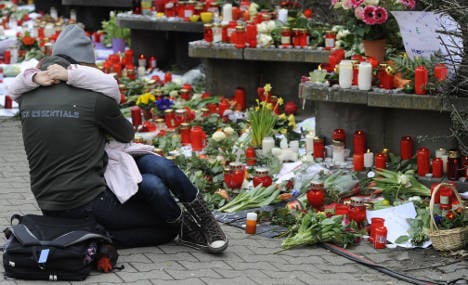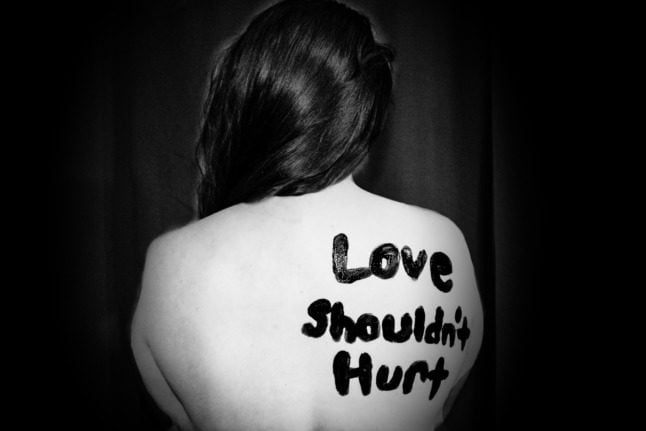Tim Kretschmer was 17 when he killed 15 people in and around his school in Winnenden, near Stuttgart, before killing himself during a face-off with the police.
Now, more than four years later, Allianz, the insurance company which provided the Kretschmer family's liability insurance, has agreed terms with lawyers representing those injured, and relatives of those who were killed in the massacre.
"The liability insurance for personal damage in this case is for €2 million and that has been paid," an Allianz spokeswoman told The Local.
"The limit was decided upon by the policy holder when the insurance was started, and cannot be altered. We are now working with lawyers for the victims and relatives to agree on a fair division of the money."
The Stuttgarter Nachrichten newspaper quoted Jens Rabe, the lawyer representing several victims, saying, "Everything has been wrapped up."
But the legal action is far from over for the Kretschmer family, with Winnenden town council still pursuing compensation payments, it confirmed on Tuesday.
The family has rejected all settlement suggestions, and were not "in any way" prepared to take part in compensation payments, the council told the paper.
Winnenden town and Baden-Württemberg state would have been ready to make great compromises in order to reach an agreement, the town council said.
The family's insurer had offered to contribute what the town described as a "six-figure sum", but every potential solution had been rejected by the parents, the town said.
On March 1st 2009, Kretschmer took a handgun from his father's bedside, and a load of ammunition, to his school where he shot dead nine pupils and three teachers.
He then killed a passer-by near a psychiatric clinic where he had been due himself to receive treatment, before hijacking a car and forcing the driver to take him to a car dealership.
There he killed two more people before police arrived and he shot himself.
Kretschmer's father was convicted in 2011 of 15 counts of manslaughter due to culpable negligence, for leaving the weapon in an unlocked cupboard in the bedroom.
And last May Winnenden lawyers said they would sue the mother for what they said was her shared responsibility for the gun, and for the fact she knew her son had psychological problems when he carried out the massacre.
The intention was for local authorities to demand €9.3 million in damages to cover costs of restoring the Albertville school following the massacre, as well as renting a replacement building during the restoration and psychological counselling for survivors.
Mrs Kretschmer's lawyer said in May she would contest the claim, saying she could not be expected to keep watch over her son 24 hours a day.
The Kretschmers were reported last summer to be preparing to sue the psychological clinic in Weinsberg which had been treating Tim at the time of the massacre. If they get the €8.8 million they are asking for, it will all go to the relatives of the dead, and the injured.



 Please whitelist us to continue reading.
Please whitelist us to continue reading.
Member comments